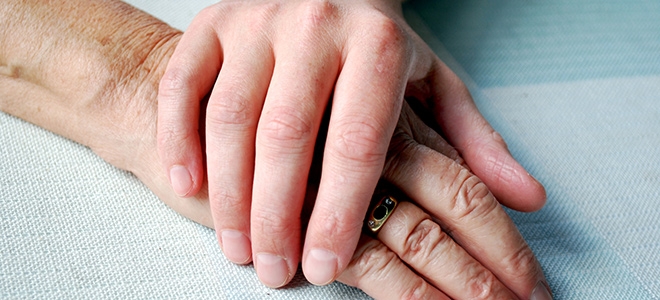Two Quebecers with incurable degenerative illnesses are contesting some of the requirements to get medical aid in dying. They don’t qualify because they are not at the end of life and their deaths are not imminent.

Specific requirements
In Quebec, people can ask for medical aid in dying if they are at the “end of life”.
Under federal law, a person must have a serious and incurable illness. One of the requirements for a serious and incurable illness is that the person’s natural death has become “reasonably foreseeable” or predictable.
The Quebecers are challenging these two requirements.
“Incurable illness” is not the same as “end of life”
People with incurable degenerative illnesses are not necessarily at the end of life and their deaths are not always reasonably foreseeable. But they want to be treated fairly and have the choice to ask for medical aid in dying.
The two Quebecers believe the requirements don’t respect the Canadian Charter of Rights and Freedoms. Also, they believe the requirements do not follow a 2015 decision of the Supreme Court of Canada. That decision said that the right to get medical aid in dying depends on suffering, not foreseeable death.
The trial is scheduled to last over a month.





